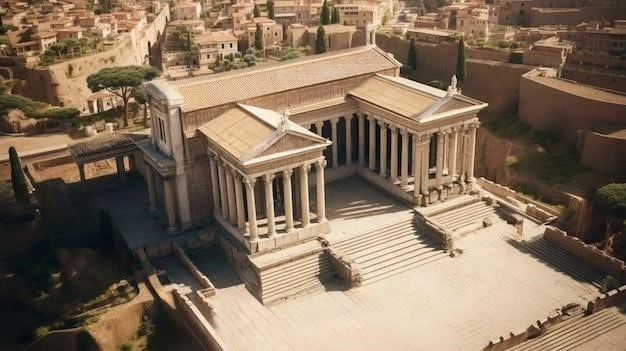The Birthplace of Democracy: Athens and Beyond
As a student of history, I’ve always been fascinated by the concept of democracy. The idea that the people, in their collective wisdom, could decide their own fate, seemed both utopian and profoundly practical. But where did this revolutionary idea originate? The answer, of course, lies in ancient Athens, a city-state that stands as the birthplace of democracy as we know it.

My journey to understand the Athenian democracy began with a trip to Athens itself. Standing amidst the ruins of the Acropolis, I could almost feel the echoes of the past. I imagined the bustling agora, the center of Athenian life, where citizens gathered to debate, vote, and shape their destiny. I visited the Pnyx, the hill where the Athenian assembly met, and tried to picture the passionate speeches, the heated arguments, and the ultimate decisions that shaped the fate of the city.
But Athenian democracy wasn’t just about grand pronouncements and public assemblies. It was about the active participation of citizens in their government. Every male citizen over the age of 18 had the right to vote and hold office. This was a radical idea, a stark contrast to the monarchies and oligarchies that ruled most of the ancient world. The Athenian system, with its emphasis on direct democracy, was a powerful experiment in self-governance.
I learned about the contributions of key figures like Cleisthenes, who laid the groundwork for democratic institutions, and Pericles, who championed the ideals of Athenian democracy during its golden age. I delved into the works of Athenian philosophers like Plato and Aristotle, who grappled with the complexities of democracy, its potential for both greatness and its inherent flaws.

However, Athenian democracy wasn’t perfect. It was limited by its exclusion of women, slaves, and foreigners. Yet, despite its limitations, the Athenian model had a profound impact on the world. Its ideas spread throughout the ancient world, influencing the development of republicanism in Rome and shaping the political thought of later generations.
My journey into the birthplace of democracy wasn’t just about historical facts; it was a journey of personal discovery. I realized that democracy isn’t just a system of government, it’s a living, breathing ideal that requires constant vigilance and active participation. It demands engagement, critical thinking, and a willingness to listen to different perspectives.
Today, as I look at the world around me, I see the echoes of Athenian democracy in the democratic systems that have emerged across the globe. It’s a system that has its challenges, its imperfections, but it remains the best hope for a just and equitable world. And as I reflect on my journey to Athens, I realize that the birthplace of democracy is not just a place on a map, it’s a powerful idea that continues to inspire and shape our world.










